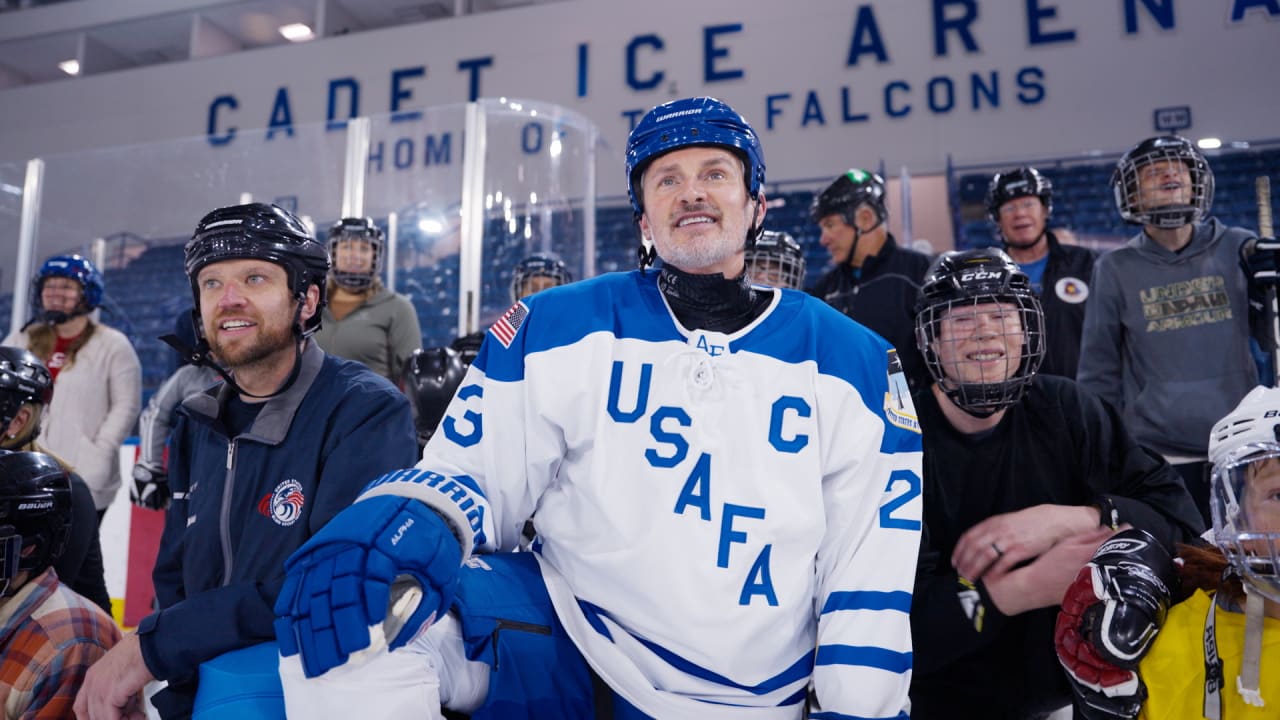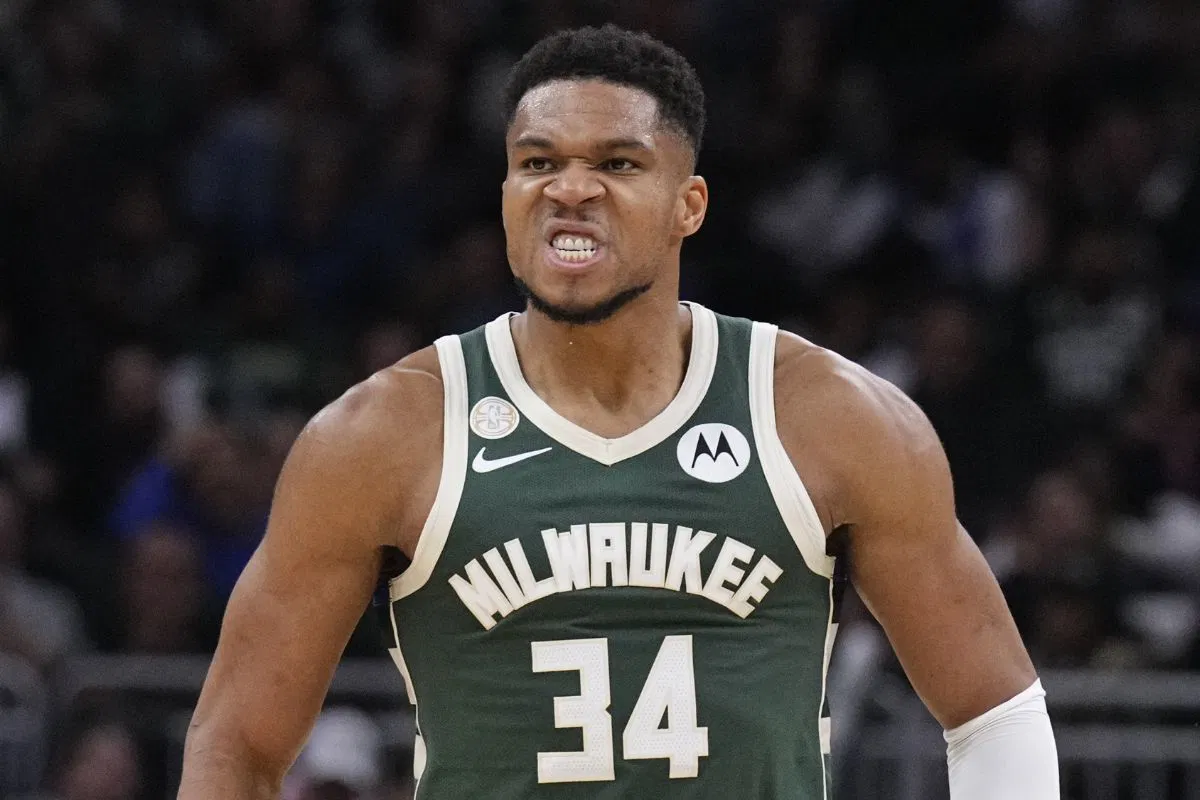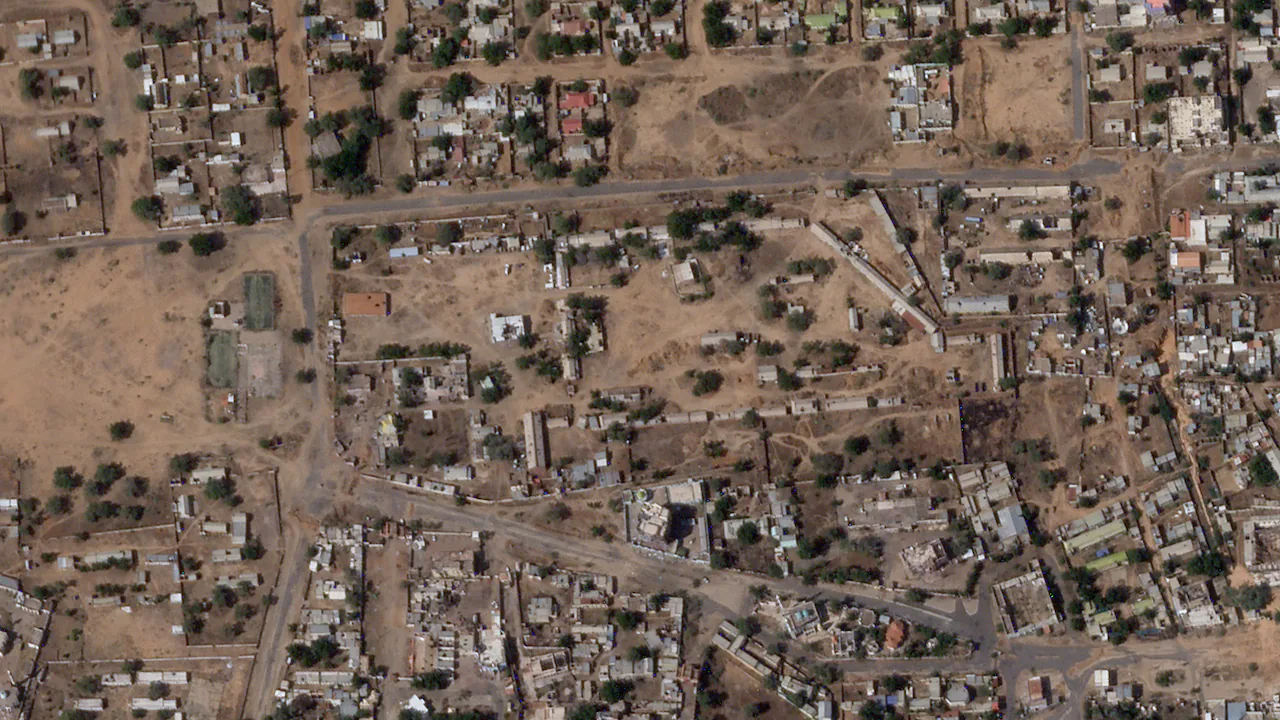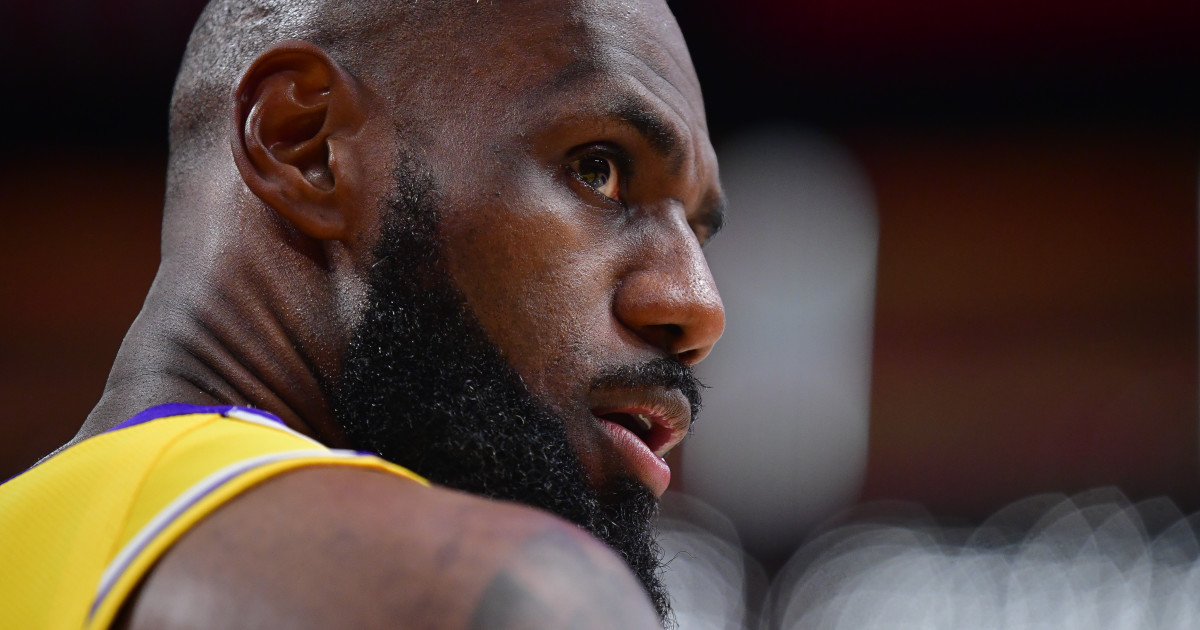Copyright NHL.com

In NHL.com’s Q&A feature called "Sitting Down with …" we talk to key figures in the game, gaining insight into their lives on and off the ice. This week, to help mark Veterans Day and the Navy Federal Credit Union NHL Veterans Appreciation Night doubleheader on Tuesday (Toronto Maple Leafs at Boston Bruins, 7 p.m. ET, Anaheim Ducks at Colorado Avalanche, 9:30 p.m. ET; HBO MAX, truTV, TNT), we feature blind hockey advocate and retired United States Air Force veteran Craig Fitzpatrick. Craig Fitzpatrick felt his life and career plans fading with his eyesight. The 49-year-old retired Air Force veteran was diagnosed in 2002 with Stargardt disease, a rare genetic eye disease that causes vision loss in children and young adults. "I didn't realize when I lost my vision how long it would take me to want to do something about it emotionally," he said. "It took me over a decade to understand how to get past the state of grief, I guess, and then start thinking about things that I could still do. I was getting to the point that I was bottoming out in life, focusing on things I couldn't do being almost completely blind." Fitzpatrick found salvation through hockey. He happened upon the sport when he was a student at the Air Force Academy in Colorado Springs. He needed a solitary place to study and found it at Air Force hockey games, where the crowds were sparse because the NCAA Division I team wasn't very good at the time. But Fitzpatrick found himself peering from his books onto the ice, captivated by what he saw. It led him to become a diehard Colorado Avalanche fan who would stand three inches from his television at home just to see the action as his vision declined. Watching the games was fun, but Fitzpatrick felt he needed something more to get out of the emotional tailspin from being legally blind with five percent vision. So he became a hockey player. Living in Washington, D.C., Fitzpatrick took ice skating lessons and transitioned into hockey. The journey opened his eyes to the world of blind hockey. Today, Fitzpatrick is regarded as a trailblazer and advocate for the sport that's been growing in the United States since the first team was established in 2014. He was a member of the U.S. Blind Hockey Team in 2018, co-founded the Washington Wheelers, now called the Washington Blind Hockey Club, in 2016, and he's determined to have blind hockey become a Paralympic sport by 2034. "By the time I found blind hockey, I'd been playing regulation hockey for a year and a half at that point," said Fitzpatrick, chief innovation officer for Akira Technologies. "I don't know if you've met people who discover something new approaching middle age, well into adulthood, and they become very fanatical about it. That was me with hockey, once I realized I could play and once I scored that first goal and was like a functioning hockey player." Blind hockey is played with a large puck made of hollow steel that contains ball bearings that creates a loud clanging sound that players easily can follow. Teams must complete one pass in the attacking zone before a scoring chance to give the defense and goalie the opportunity to track the puck. An on-ice official uses a different whistle to indicate that the pass has been completed and the attacking team is eligible to score. All players must be legally blind, and their eligibility is based on three International Blind Sports Federation classifications. What position they play usually is determined by the degree of their blindness. Typically, totally blind athletes play goalie or are on defense, lower-sighted athletes are on defense and higher-sighted players are forwards, according to USA Hockey. Fitzpatrick has taught more than 300 blind adults and children to play ice hockey through Try Blind Hockey clinics. In conjunction with Navy Federal Credit Union, presenting sponsor of the NHL Veterans Appreciation Night broadcast, he returned to Colorado Springs in October to introduce students from the Colorado School for the Deaf and the Blind to skating and hockey at Cadet Ice Arena on the Air Force Academy campus. "They gave me the arena for the day, and I never skated on that ice before," he said. "We got 40 blind people onto the ice for the first time, and I got to take a dozen blind kids onto the ice at my alma mater. Feels like a mission in kind of the Christian sense or, I don't know, a mitzvah or whatever somebody would call feeling called to do something. I just feel like I owe hockey so much for helping to pick me up off the mat when I needed it." Fitzpatrick has chronicled his experiences in hockey and life in the book, "Finding the Puck: Leadership Lessons From My Journey Through Blind Hockey," which is scheduled for release Jan. 27. He said he's donating proceeds from the book to the International Blind Ice Hockey Foundation to help support the growth of blind hockey and the drive toward making it a Paralympic sport. Fitzpatrick discussed the book, blind hockey and more in a wide-ranging interview with NHL.com. What was the motivation for writing the book? "My dad died when I was 10, and I have things to remember him by. He died of a heart attack very suddenly. And I've spent a lot of my life yearning for stories from my dad. I found out my wife was pregnant in 2023, and I thought, 'I really got to write something down for this kid. I don't know what will happen to me. I need to write a few things down.' I thought it could be a book for an audience of one, and I just wanted to have it to give to my son someday. A few friends read it and they said, 'Hey, this is pretty good, you should see if you can get an agent.'" You mention that getting into hockey helped save you. How? "I think the locker room for me became group therapy. For me, without carrying around the shame of being a blind person was hard. And I'm sure you remember walking into hockey locker rooms once you finally got to know some of the people in there. Hockey people just have the biggest hearts. I think the social engagement gave me back confidence to be able to do other things in my life. Because if I could do this thing that is probably the hardest sport to play, I probably don't need to be as embarrassed about asking for help finding my way to the gate at an airport, or getting help from a co-worker making my way through a file that I can't read. I think hockey both lifted me up and humbled me at the same time, if that makes sense." What's it like learning to skate and playing hockey with little or no vision? "Well, there are the other senses that you get from the rink. I started to be able to pay attention to those other sensations once I realized that I wasn't going to fall every five seconds. There's the feeling of the air being cool as you start picking up a little bit of speed. And there's the smell of the rink. You start listening to what's around you, and you can hear skate blades. You can hear sounds bouncing off of the plexiglass. I started developing a spatial memory for the ice. And a lot of really good, sighted players have the same thing going on in their brains, just having an innate sense of where they are, where everybody else is." You are on a mission to get blind hockey to become a Paralympic sport. Why should it be added to the Games? "Playing a team sport is so incredibly important for the physical and mental health of blind people, and I feel like we have to find a way to make this happen. So that is the why. Here's the how: to be recognized as a Paralympic event, it's a long process. Women's sled hockey is along a path that it would make sense for blind hockey to follow, which is the U.S.A. and Canada kind of lead the way, and then you have other countries begin forming teams and start competing." What was it like for you being a member of the first U.S. blind hockey team in 2018? "It was extremely special, to be on the first team. I got to do so much to help give other people access to blind hockey who ended up on that team also, so it was cool for me being on that team. But what was way more cool for me was this program that I helped start in D.C., we had five of us on that team." How helpful has the NHL and its clubs been in the growth of blind hockey? "I don't think I've ever approached an NHL club and explained, 'I'd love to bring some blind people and get on the ice,' and nobody's ever said, 'Oh, that's a terrible idea, no thanks.' Some clubs have been way more proactive about getting out into the community than others. And the clubs that impressed me the most are the ones that have really, really good teams and are in strong hockey markets, and do it anyway because it's the right thing to do. The Minnesota Wild, for example. People up there eat and sleep hockey, and are going to come to games, whether you do these community programs or not. But they might have one of the strongest blind hockey programs in the country, and the Wild are super generous; they give their logo to the blind team, and some of their players are involved. And there are areas like that that just have a big heart to help people be part of their community. That's true here in D.C. The (Washington) Capitals have been incredible champions for blind hockey. They've been donating ice almost every week since we started the program 10 years ago."



